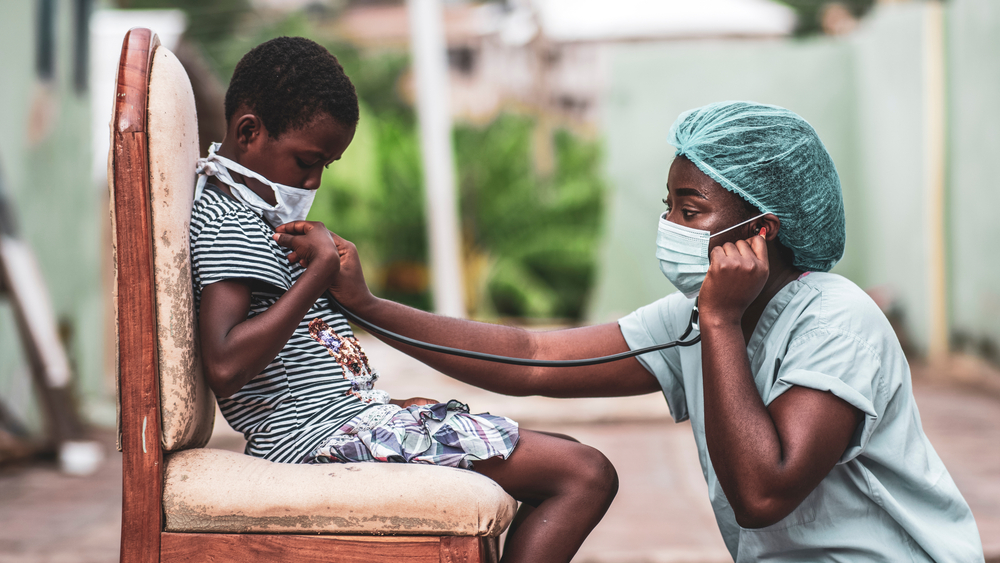


SAO PAULO - The current climate crisis presents a dual challenge to global public health. Climate change will cause an additional 250,000 deaths per year between 2030 and 2050 and will increase healthcare costs globally, according to the World Health Organization. On the other hand, the healthcare industry is responsible for almost 5 percent of global greenhouse gas (GHG) emissions, mostly due to its high energy consumption and the burning of fossil fuels in its long supply chain. If it were a country, the sector would be the world’s fifth-largest emitter, ahead of nations such as Brazil and Japan.
The impact of the climate crisis is already being felt across the planet, but various regions are affected differently according to their levels of vulnerability and adaptability. The Pan American Health Organization has noted that more than half of the 18,000 hospitals in Latin America are at risk of being affected by natural disasters such as floods, earthquakes, or hurricanes. However, most hospitals are poorly prepared for this: Less than 1 percent of these hospitals had calculated their carbon footprint and made reduction commitments by the year 2020. Brazil, which is more prone to floods than any other country in South America, only recently introduced its first carbon-neutral health institution throug
The content herein is subject to copyright by The Yuan. All rights reserved. The content of the services is owned or licensed to The Yuan. Such content from The Yuan may be shared and reprinted but must clearly identify The Yuan as its original source. Content from a third-party copyright holder identified in the copyright notice contained in such third party’s content appearing in The Yuan must likewise be clearly labeled as such. Continue with Linkedin
Continue with Linkedin
 Continue with Google
Continue with Google







 886 views
886 views










